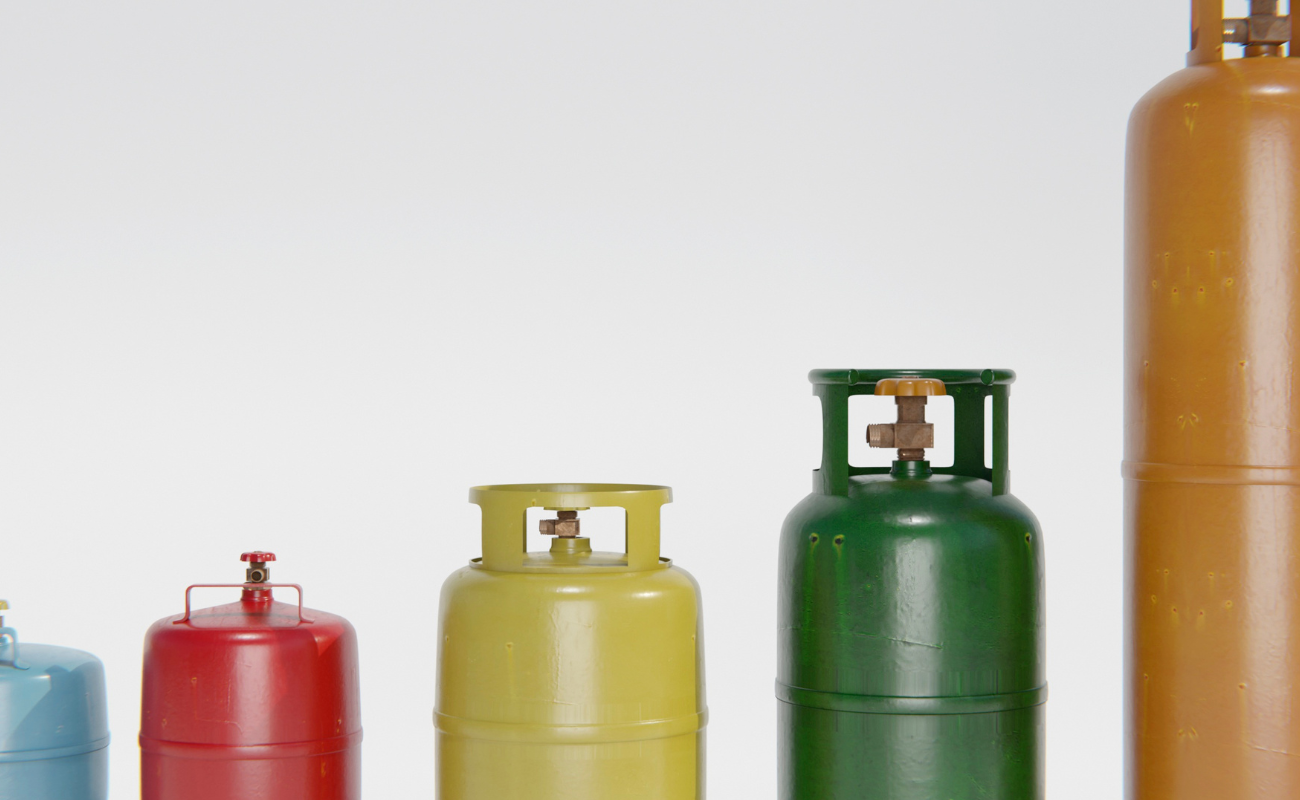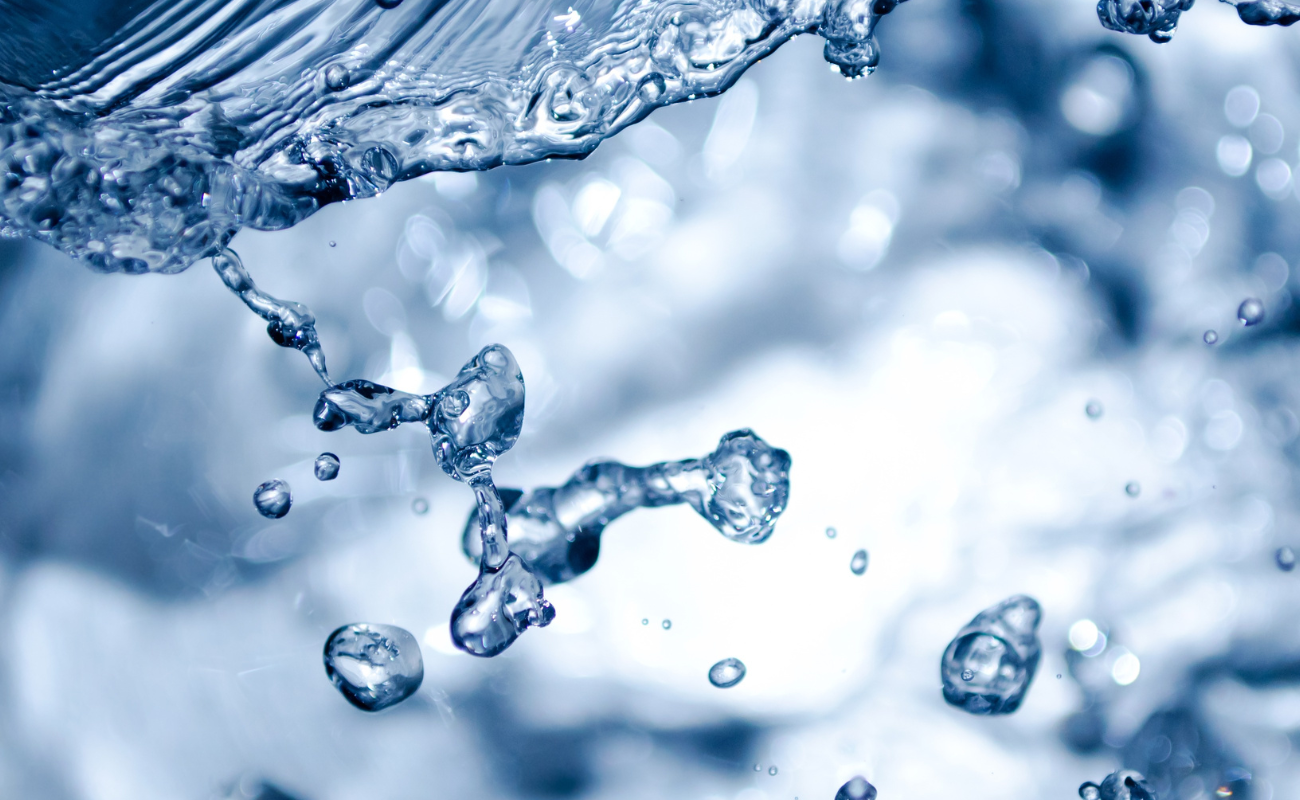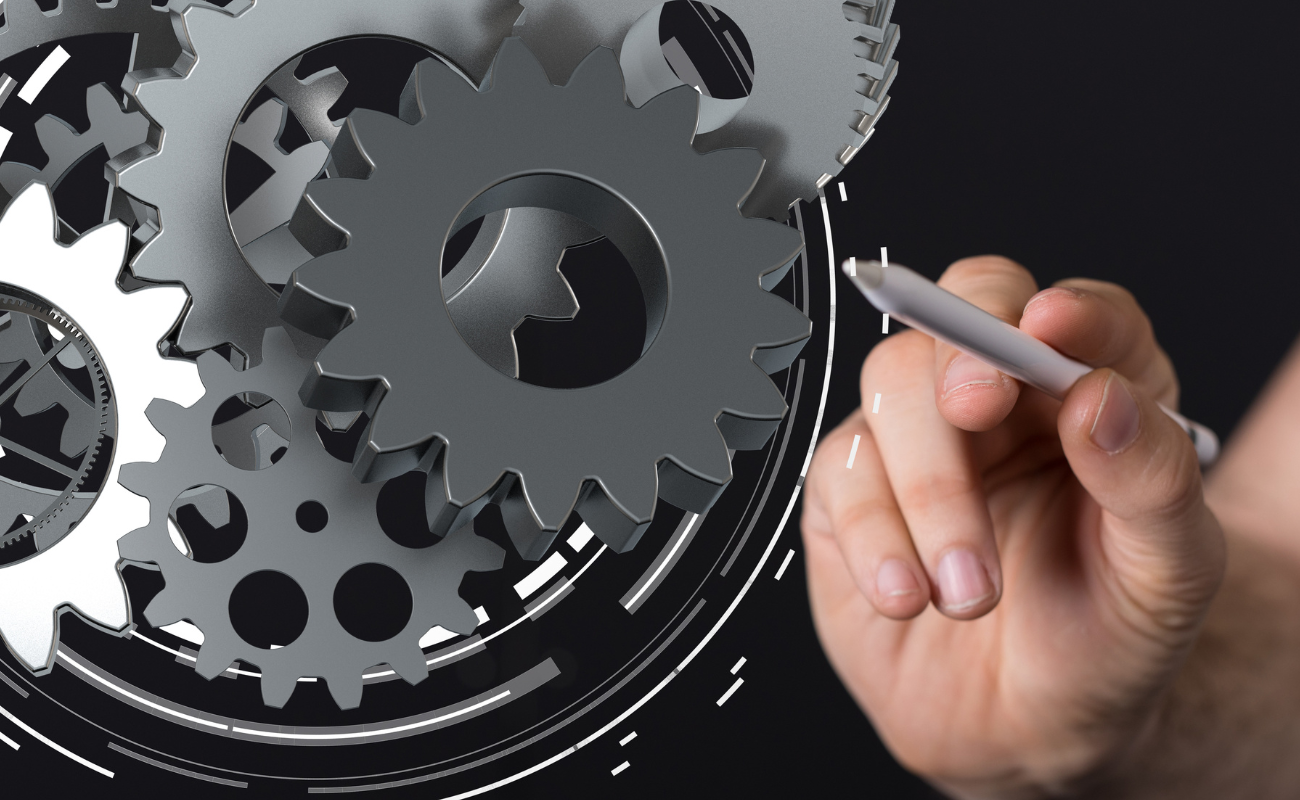What Factors Affect Chiller Efficiency and Operating Costs?
Chillers play a crucial role in laboratories, industrial processes, and research facilities by maintaining precise temperature control. However, their efficiency and operating costs can vary significantly based on several factors.
Understanding these factors can help businesses to optimise performance, reduce energy consumption, and manage costs effectively.
Optimising Chiller Efficiency: Key Takeaways
Perform routine maintenance to prevent inefficiencies and extend equipment life.
Select the right refrigerant for performance and compliance.
Maintain consistent operating conditions and match the unit to the specific ambient.
Use water-cooled chillers where possible for improved efficiency.
Match chiller capacity to process requirements
Ensure high-quality heat transfer fluids.
Use advanced technology like variable speed drivers and inverter-driven pumps for enhanced control.
We're Here to Help!
By understanding these factors, businesses can maximise their chiller efficiency, reduce energy consumption, and minimise operating costs over time. If you’d like advice on selecting the right chiller for your application, get in touch with our team today.






